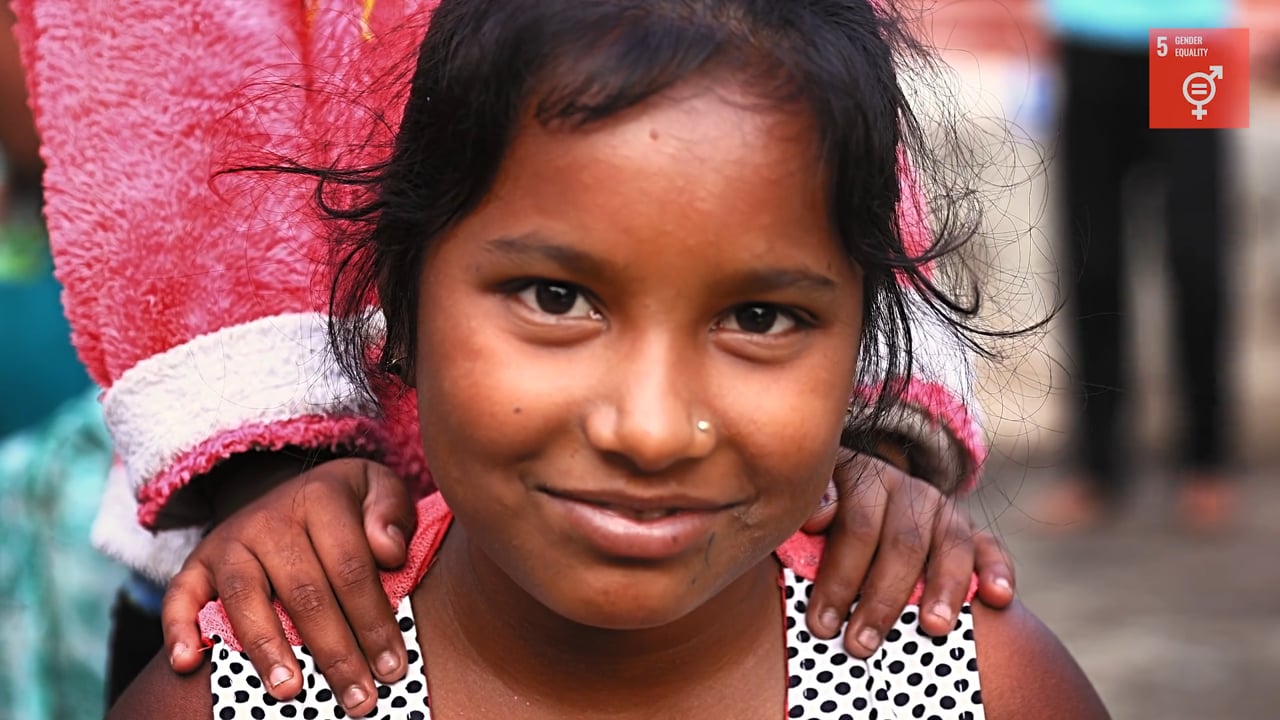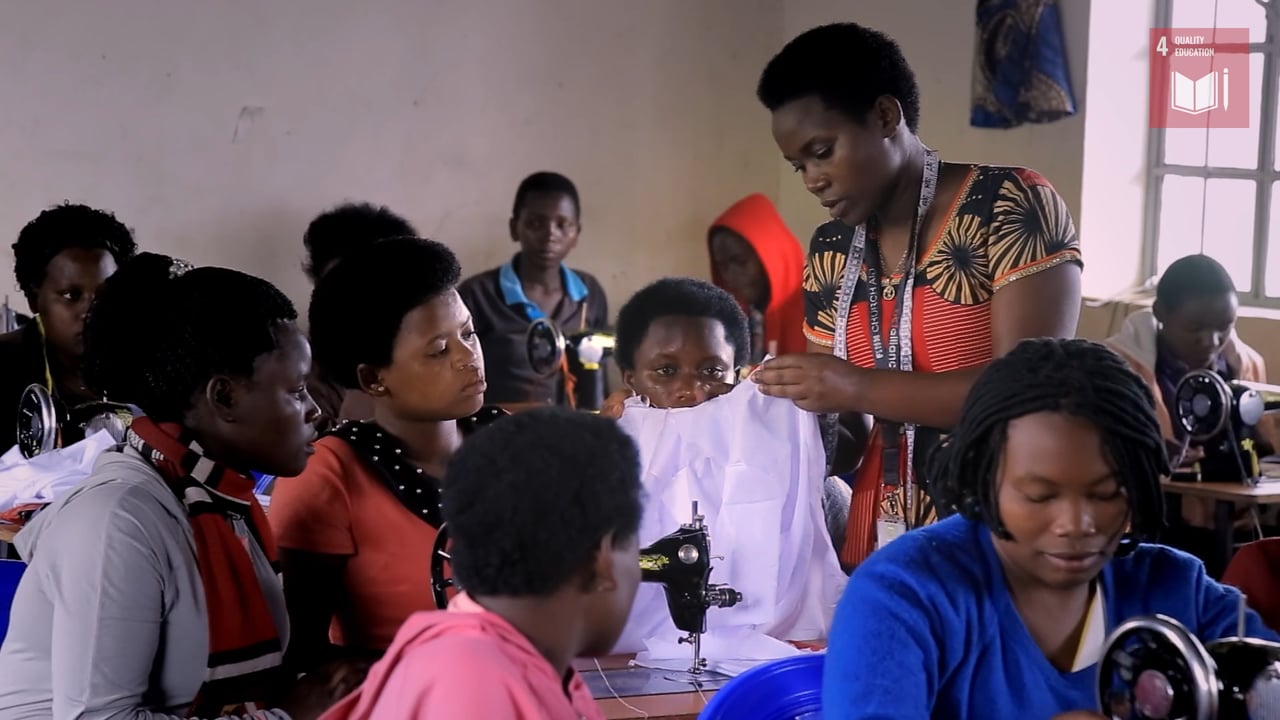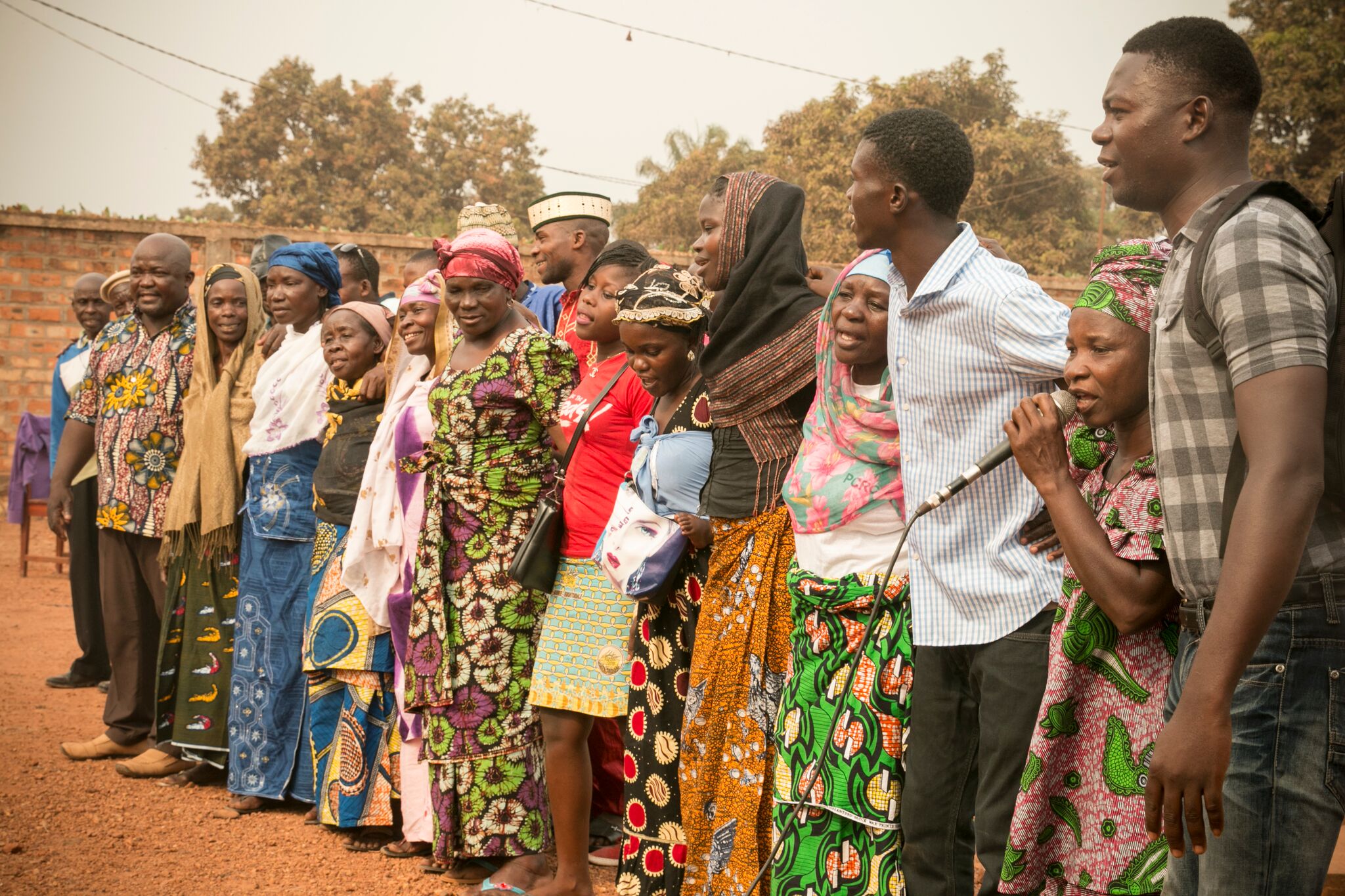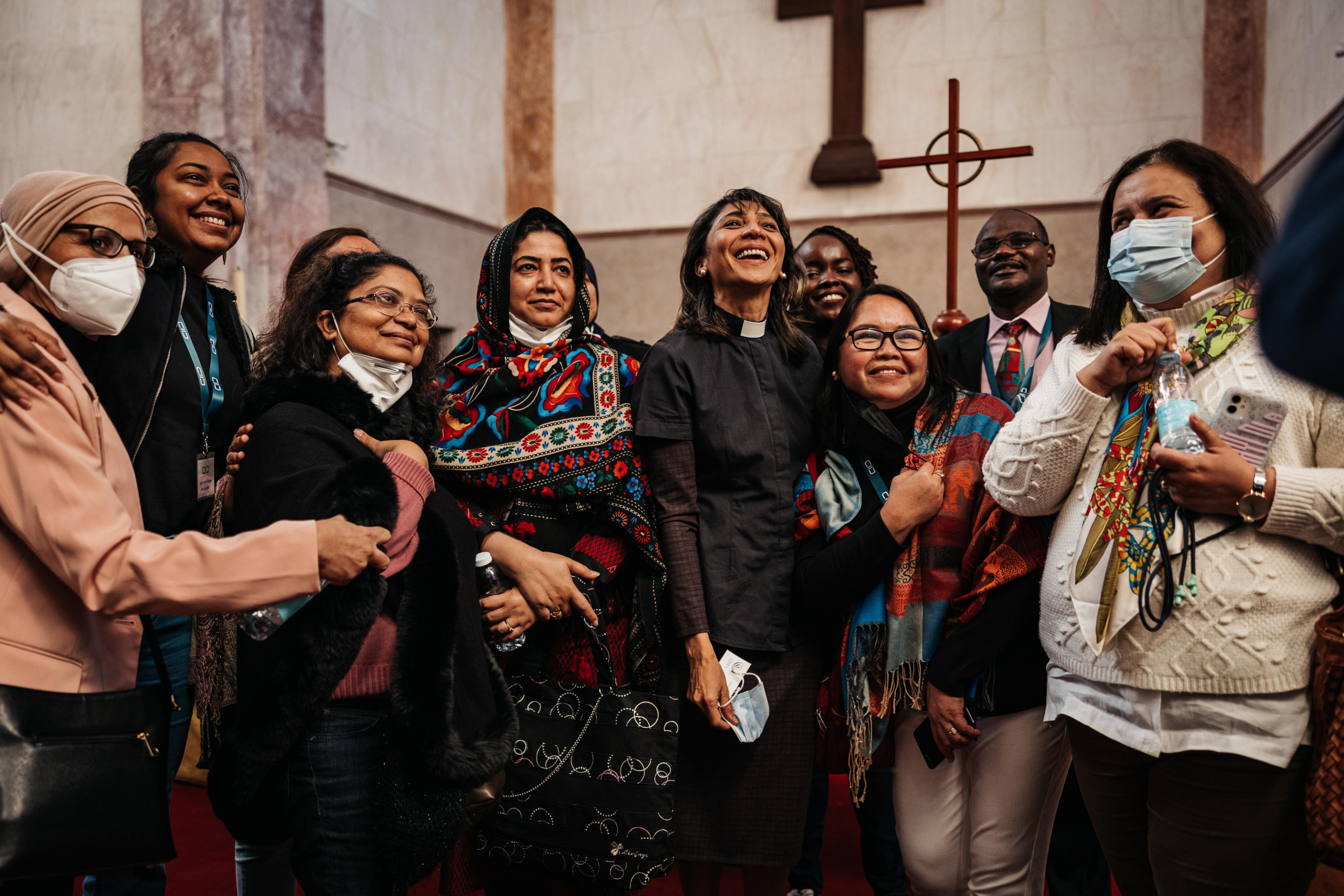Dialogue Voices
The Dialogue Voices are personal accounts of interreligious commitment and experience. They show approaches to, and forms of, interreligious dialogue, and its impact and context on a local, national, or global level. They represent a cross-section of dialogue experiences and its impact worldwide.
India: Equal Rights and Opportunities for Women and Girls
Women and girls are routinely denied equal access to education, health care, decent work, and fair wages. These barriers to opportunity help explain why only about one in four national parliament seats and managerial positions are held by women, leaving their views and concerns woefully underrepresented in decision-making processes. Taken together, the social, economic, and political inequalities that limit women’s potential have undeniably hindered our ability to achieve sustainable development.
One of the biggest obstacles to gender equality is early marriage, which disproportionately affects girls. In 2019, one in five young women was married in childhood. At least 1.5 million girls under the age of 18 get married in India each year, accounting for a third of the world’s child brides. Child marriage violates children’s rights and puts them at higher risks of violence, exploitation, and abuse. For most child brides, marriage also means the end of formal education, severely crippling their ability to develop knowledge and skills needed to help lift their families and communities out of poverty.
Goal 5 aims to achieve gender equality and empower all women and girls. Success means eliminating discrimination, violence, and other harmful practices that affect them including trafficking, exploitation, genital mutilation, and early/forced marriage. This requires universal access to sexual and reproductive health and rights so that women can make their own decisions. Unpaid care and domestic work, which women perform at a rate three times higher than men, should be recognised, valued, and shared within households and families. Balancing these duties and giving women equal rights and access to resources will increase their leadership opportunities in political, economic, and public life. To achieve these targets, governments should adopt and strengthen sound policies and enforceable legislation promoting gender equality and women’s empowerment at all levels.
Religious leaders and faith-based organizations have critical roles to play in ending child marriage and achieving gender equality. As trusted authorities capable of influencing positive change in their communities, more and more faith leaders are refusing to perform child marriages and using their sermons and teachings to raise awareness about its harmful effects. They’re also collaborating with development actors and publicly working to find solutions that empower women and girls and champion their dignity and human rights.

Uganda: Linking Learning to Earning
Quality education promises today’s youth a better tomorrow. It prepares them with the necessary skills to create positive change that will advance sustainable development for years to come. Yet for more than a billion people, this fundamental human right remains out of reach.
Even before the COVID-19 pandemic wreaked havoc on global education and exacerbated inequalities between rich and poor countries and households, more than 750 million adults remained illiterate and more than 250 million children were out of school. More than half of those in school were not meeting minimum proficiency standards in reading and maths.
COVID safety concerns have forced schools to close for 90 per cent of the world’s students. At least 500 million educationally displaced youth still lack remote learning capabilities due to the digital divide and other structural disadvantages. The UN estimates that more than 200 million children will still be out of school by 2030.
This mass exclusion has a profound negative impact on learning outcomes and the social and behavioural development of children and young people, especially those living in remote areas, extreme poverty, fragile states, refugee camps, and other vulnerable communities. The adverse effects of inadequate education last a lifetime and often spill over into future generations, severely limiting human potential.
Goal 4 aims to ensure inclusive and equitable quality education and promote lifelong learning opportunities for all. To succeed, UN bodies and partners are working with local communities to ensure that all children have access to early childhood development, care, and pre-primary education and that they go on to complete free primary and secondary school. Thereafter all learners should have equal access to affordable and quality technical, vocational, and tertiary educational opportunities where they can develop relevant skills for decent employment. Along the way they should acquire the knowledge and skills needed to promote sustainable development. Achieving these targets will require better schools with better facilities, more scholarships, and more qualified teachers. This should result in improved literacy, numeracy, and parity among learners.



